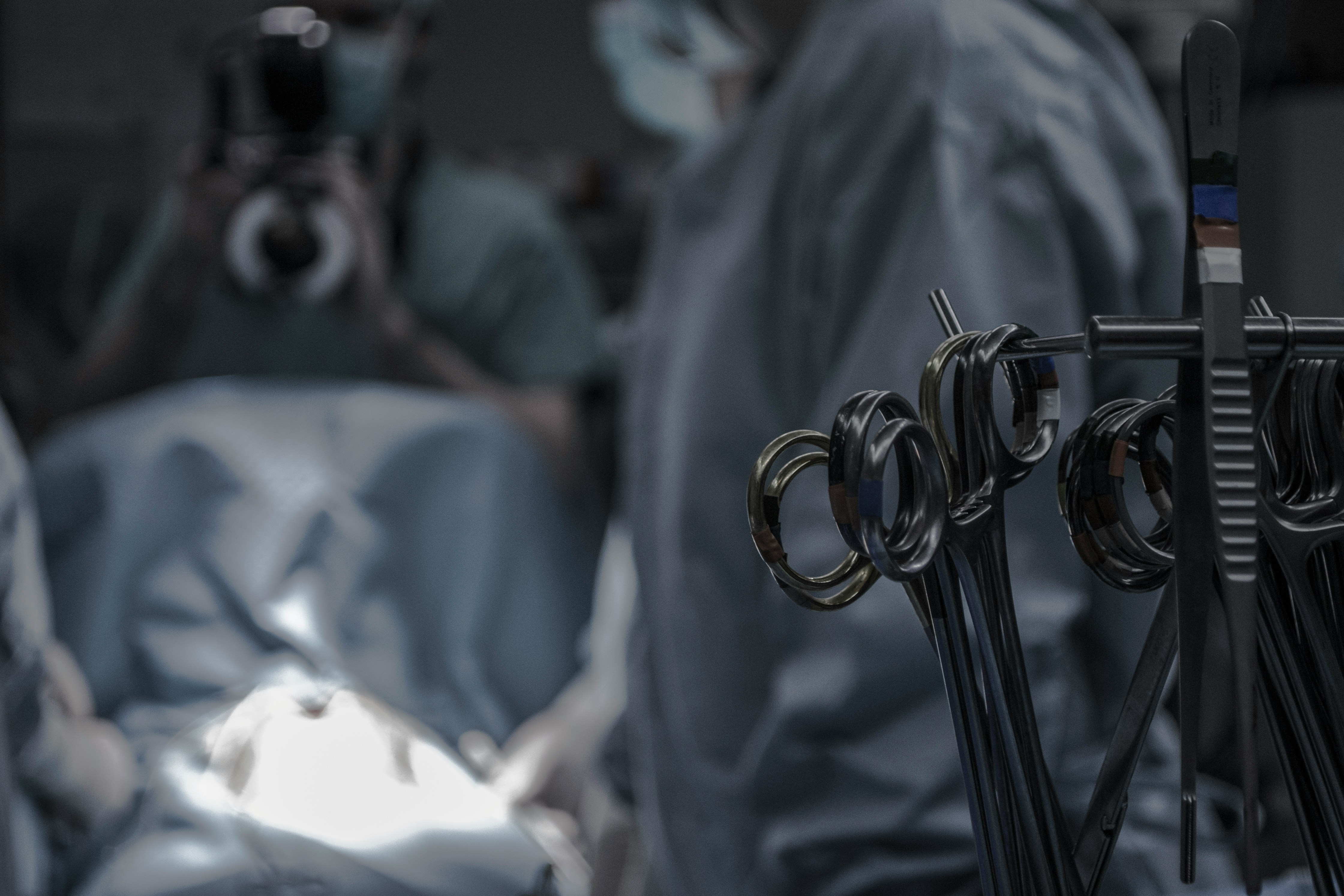There are more than 500 jobs at risk, mainly at Addenbrooke's Hospital, which is the largest in the area. Roles up for redundancy include those working in ‘support functions' such as porters, estate workers such as maintenance staff, plumbers and engineers and those in administrative and clerical roles.
The cuts come after a mandate from NHS England earlier this year, which said that spending on support functions in NHS trusts must return to April 2022 levels.
Unite is concerned about the approach that means these cost savings should be concluded before November 2025, regardless of their impact. Similar cuts to integrated care systems were found recently to have not had an adequate impact assessment.
Unite general secretary Sharon Graham said: ‘These huge cuts across NHS trusts in Cambridgeshire are a blunt tool that risks damaging patient care, quality and waiting times.
‘Unite stands firmly against these cuts. The members demonstrating have our full support.'
The union says staff at Addenbrooke's are concerned that losing these support roles will leave already-stretched workers having to take on more day-to-day tasks, as well as impacting patient care, as those in clinical services will have more of their time taken up by doing administrative and clerical tasks.
Unite regional officer Richard Gates said: ‘These cuts go completely against the grain of the government's commitment to invest in the NHS.
‘Not only is it devastating news for those who will potentially lose their jobs, but also for those left who will no doubt be expected to pick up this extra work, at a time when they are already maxed out.
‘Unite will fight these cuts every step of the way. This demonstration is only the beginning.'
In response, a CUH spokesperson said: ‘We are taking all possible steps to minimise redundancies, through natural turnover by not recruiting to posts when staff leave, holding vacancies empty and a mutually agreed resignation scheme.
‘We appreciate it is a worrying and uncertain time for many colleagues working in the NHS, and we have put in place a range of measures to support staff during this process.'



